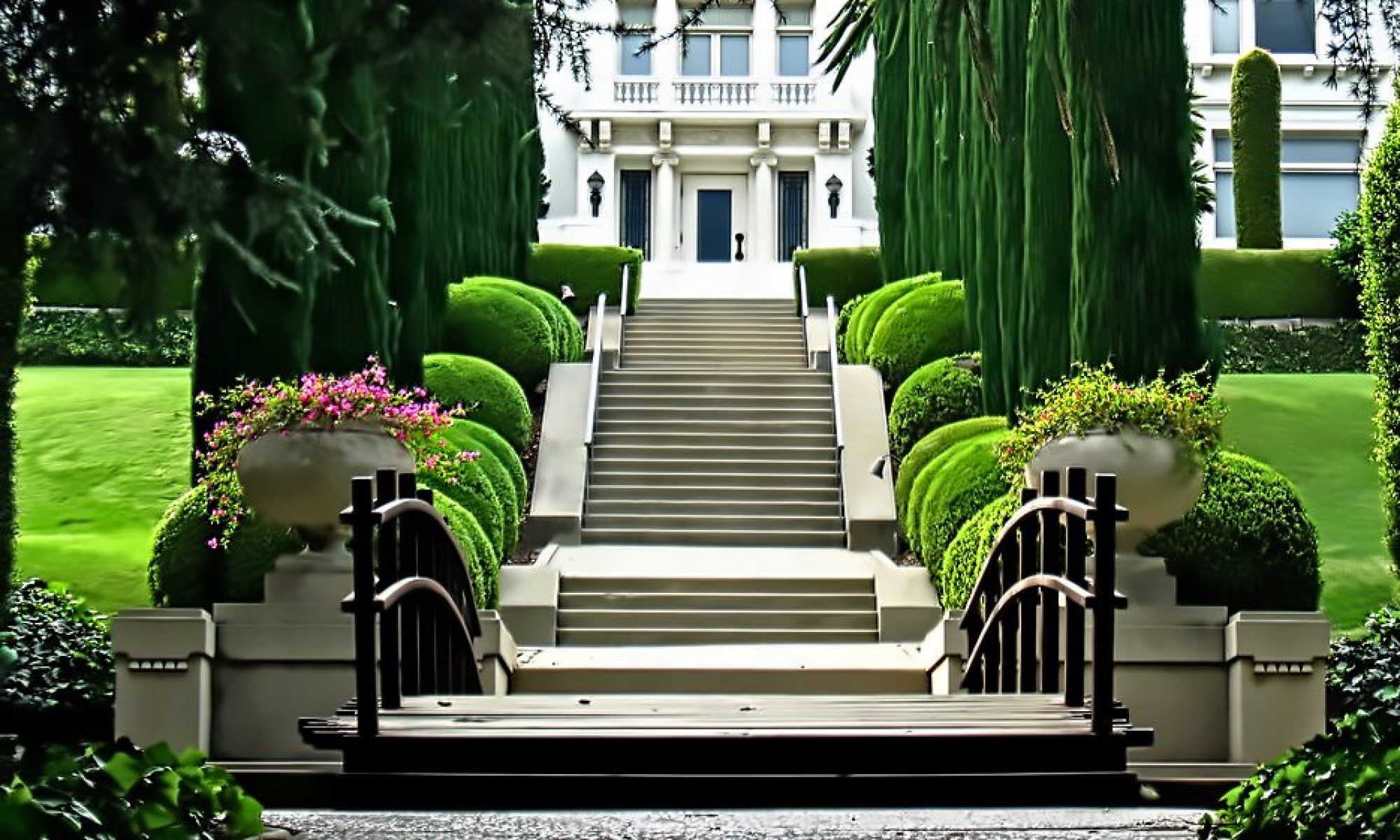Last August, President Obama declared: “This is America. And our commitment to religious freedom must be unshakeable. The principle that people of all faiths are welcome in this country and that they will not be treated differently by their government is essential to who we are.” But is it so?
In the storybook version most of us learned in school, the Pilgrims came to America aboard the Mayflower in search of religious freedom in 1620. The Puritans soon followed, for the same reason. Ever since these religious dissidents arrived at their shining “city upon a hill,” as their governor John Winthrop called it, millions from around the world have done the same, coming to an America where they found a welcome melting pot in which everyone was free to practice his or her own faith.
The problem is that this tidy narrative is an American myth. The real story of religion in America’s past is an often awkward, frequently embarrassing and occasionally bloody tale that most civics books and high-school texts either paper over or shunt to the side. And much of the recent conversation about America’s ideal of religious freedom has paid lip service to this comforting tableau….
In newly independent America, there was a crazy quilt of state laws regarding religion. In Massachusetts, only Christians were allowed to hold public office, and Catholics were allowed to do so only after renouncing papal authority. In 1777, New York State’s constitution banned Catholics from public office (and would do so until 1806). In Maryland, Catholics had full civil rights, but Jews did not. Delaware required an oath affirming belief in the Trinity. Several states, including Massachusetts and South Carolina, had official, state-supported churches.
(James) Madison also made a point that any believer of any religion should understand: that the government sanction of a religion was, in essence, a threat to religion. “Who does not see,” he wrote, “that the same authority which can establish Christianity, in exclusion of all other Religions, may establish with the same ease any particular sect of Christians, in exclusion of all other Sects?”

It’s fitting that this article begins by quoting one whose actions have earned him the label of the Most Anti-Christian President of the USA. The Most Christian President is still disputed…
Each year Thanksgiving is a happy Hallmark Holiday of misinformation – pictures of Pilgrim children dressed as Puritans and local Native Americans dressed (or rather under-dressed) as Plains Indians.
Yes, the Pilgrims (Separatists) did leave England due to persecution, and found refuge in Holland. The reason for leaving Holland was essentially financial, and they planned to join the colonists in Jamestown.
An early Painful Truth post exposes the myths of the “Christian Founding Fathers” who were largely nominal Anglicans and actually closet Enlightenment Deists. When I told my (Protestant) mother what i had gleaned from the article, she did the mental equivalent of covering her ears and shouting nana-na-na-nana…
“Several states, including Massachusetts and South Carolina, had official, state-supported churches.” “… the government sanction of a religion was, in essence, a threat to religion. “Who does not see,” he wrote, “that the same authority which can establish Christianity, in exclusion of all other Religions, may establish with the same ease any particular sect of Christians, in exclusion of all other Sects?”
It’s a shame that most are ignorant of the above. “Freedom of Religion”, they choose to only interpret it as “Freedom for religions, especially chritstianity, since that was the supposed religion of the founding fathers, and that we need to be respectful of other denominations and our fellow christain brethren.”
They fail or refuse to realize that “Freedom of Religion” also means freedom FROM religion.
DBP
‘They fail or refuse to realize that “Freedom of Religion” also means freedom FROM religion. ‘
Correct. Its a balancing act.